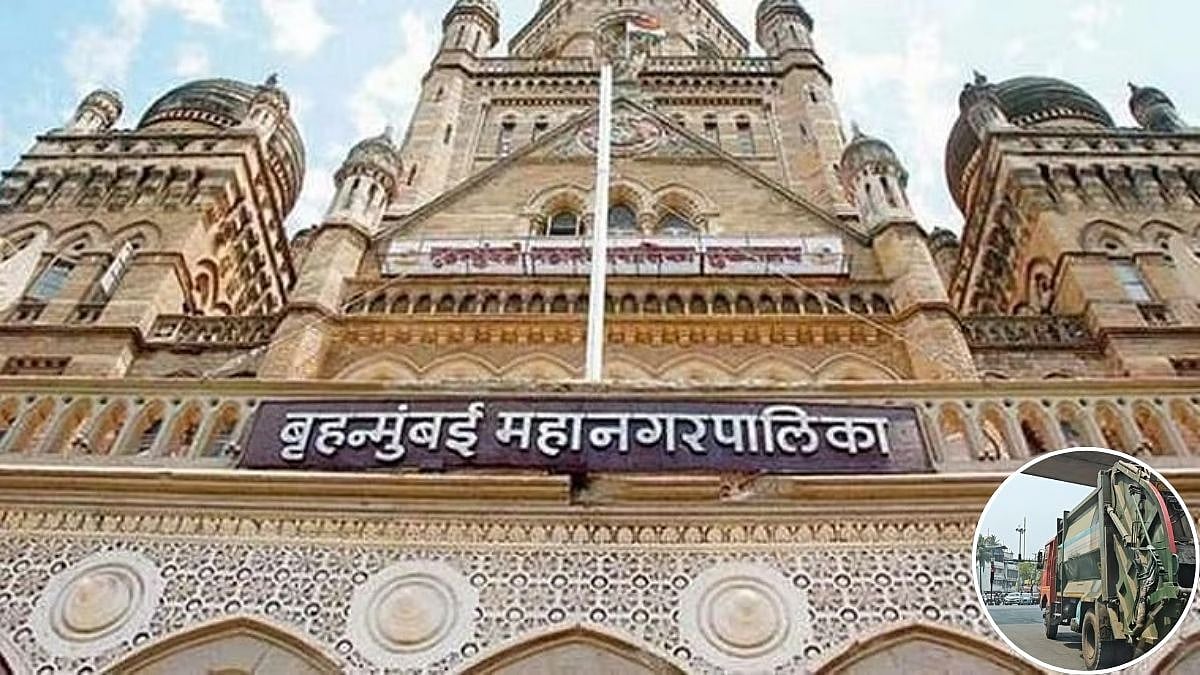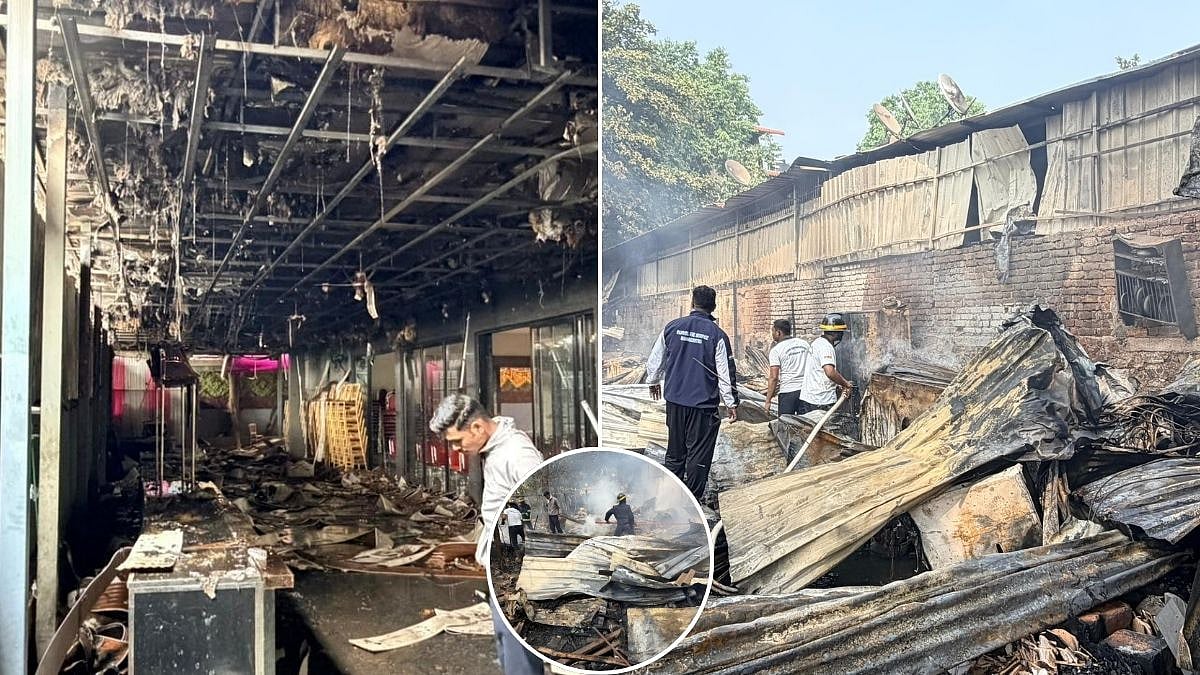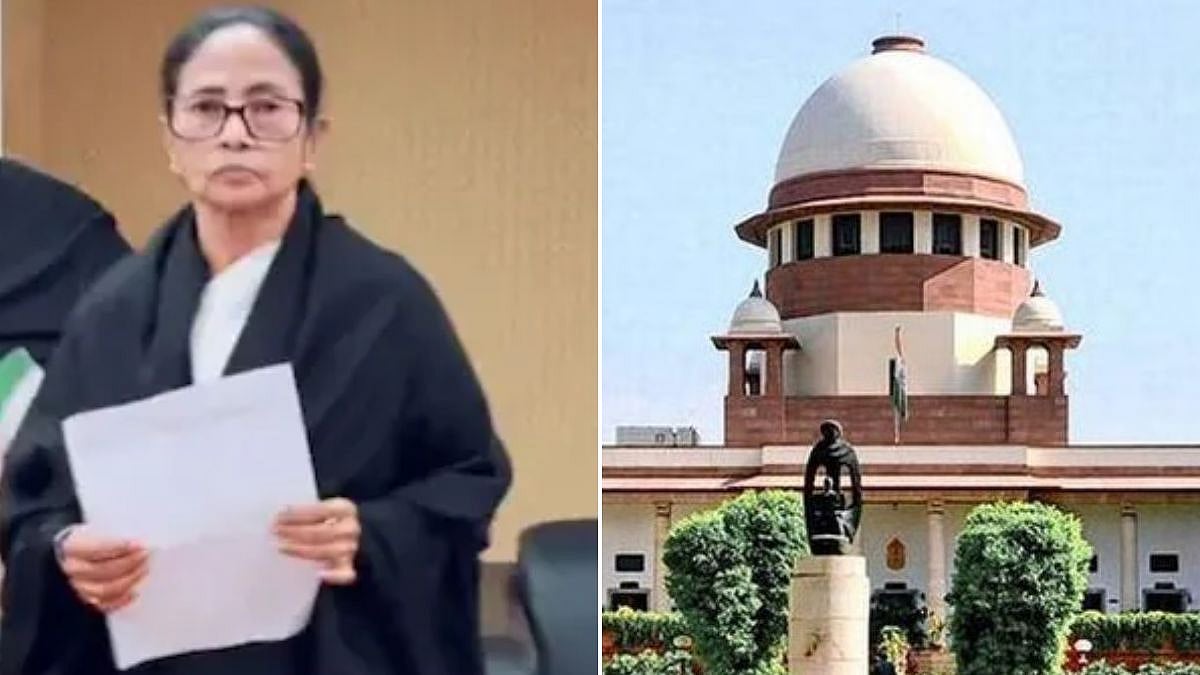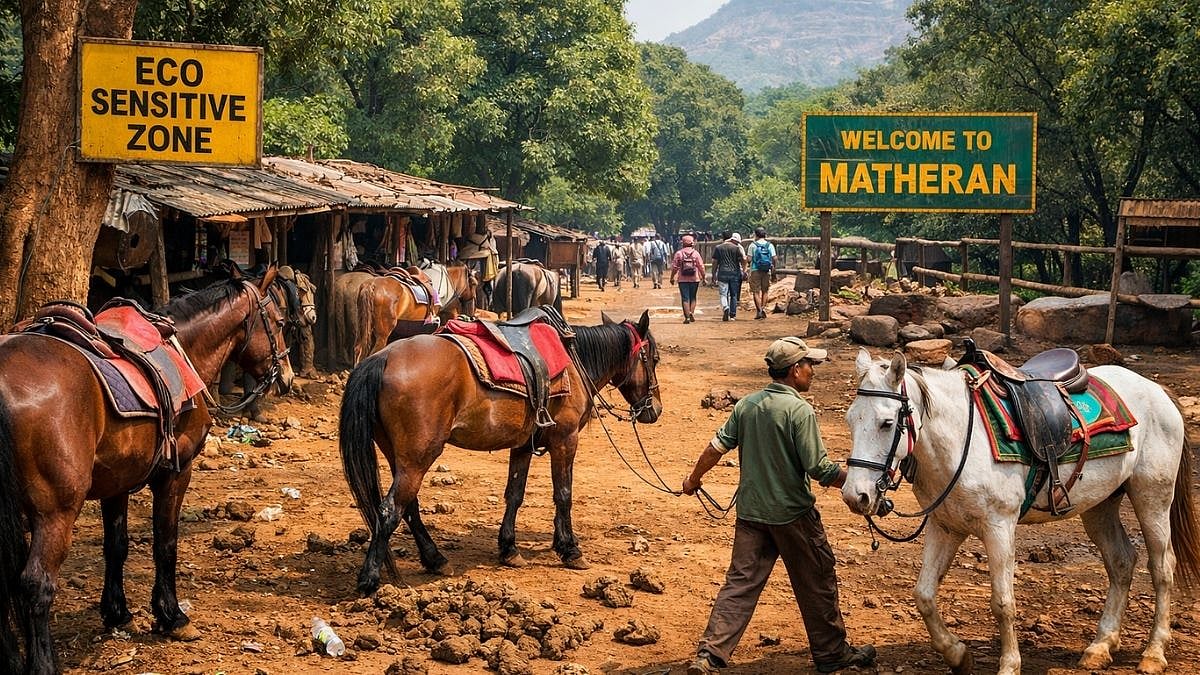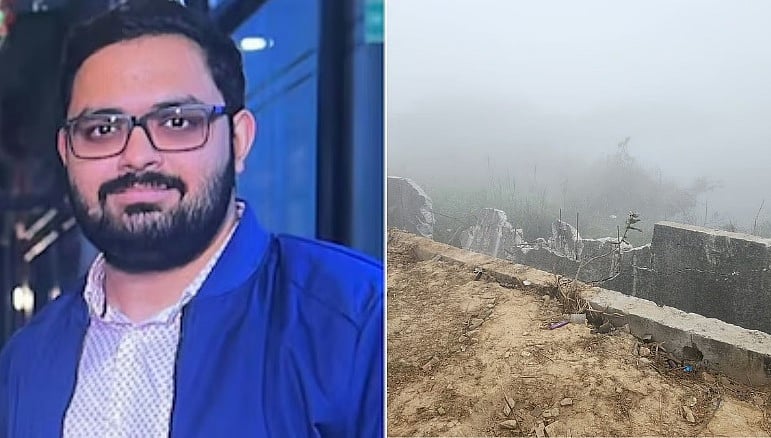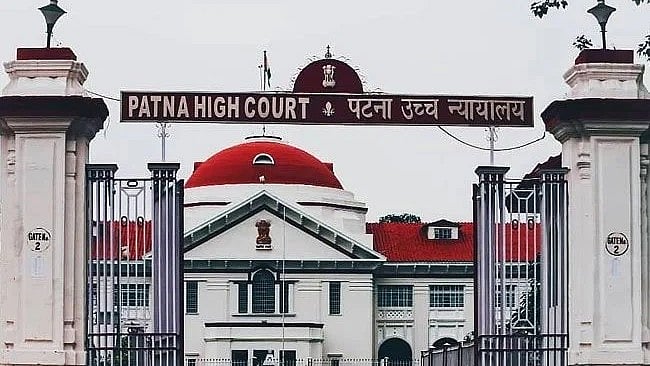A friendly regime in Dhaka is a top priority for India’s diplomatic and security establishments. Although the whole neighbourhood is important, New Delhi’s stakes are the highest in Bangladesh. But new circumstances are queering the pitch for India in poll-bound Bangladesh and forcing New Delhi to look over its shoulder.
Two developments, to be precise, have left a question mark hanging over the pro-India Prime Minister Sheikh Hasina-led Awami League’s re-election prospects in upcoming parliamentary polls due between December and January. Firstly, the United States has threatened to sanction individuals undermining democracy in Bangladesh. The US ultimatum is clearly intended to rein in the autocratic and repressive Hasina regime, and raise the morale of the opposition Bangladesh Nationalist Party which is not in India’s good books. And secondly, the pro-Pakistan Jamaat-e-Islami Party has held its first rally after 10 long years creating unexpected new complications for New Delhi in the run-up to the elections.
India’s preference for Hasina is clear as she has been unquestioningly delivering since 2009 anything that New Delhi desires, whether it is transit facilities, flushing out Northeastern rebels or keeping a straight diplomatic face over insults to Prophet Muhammad by Nupur Sharma and to Muslim Bangladeshis by Amit Shah. She is even buying thermal power from Gautam Adani — the litmus test of loyalty to new India! New Delhi therefore wants to reward Hasina by ensuring a fourth prime ministerial term for her. That would no doubt serve India’s national interests; and of course fulfil Hasina’s ambitions; but would also mean ignoring the democratic backsliding that has reduced Bangladesh into a one-party, one-leader nation.
Washington, on the other hand, isn’t ignoring pleas by Bangladesh’s battered opposition any more. Much as it goes against India’s interests, the US has responded to SOS signals from BNP and Jamaat and purposefully waded into Bangladeshi waters. The US State Department has announced visa bans against any Bangladeshi found obstructing free and fair elections, underlining its strong opposition to a repetition of the rigged polls of 2014 and 2018. Clearly, America wants a level playing field and wants India’s favourite Awami League to stop bullying and bulldozing the opposition, free press and civil society figures.
The Hasina government is so badly jolted and shaken that it fears Washington might even make an example out of Sajeed Wazed Joy, Hasina’s son, heir-apparent and the second most powerful person in Bangladesh, by revoking his US visa. That would indeed be a very big blow after the December 2021 US sanctions against commanders of Rapid Action Battalion (RAB), the paramilitary force Hasina is most dependent on to perpetuate her rule. Additionally, the US did not invite Bangladesh to the 2021 and 2023 Global Democracy Summit. The decline in RAB’s human rights abuse, extra-judicial murders and “disappearance” bear testimony to the impact of US pressure ranging from sanctions to snubs.
India, in contrast, has unreservedly put all its eggs in Hasina’s basket. In February, Foreign Secretary Vinay Kwatra openly backed her saying that India “totally supports Hasina and her leadership”. Kwatra made the statement in Dhaka after inviting Hasina to attend the G20 Heads of State Summit in September as the guest of Prime Minister Narendra Modi. Earlier, in January, MJ Akbar, former junior foreign minister, when asked whether Bangladesh is a victim of US sanctions, had replied, “We in India have our own understanding of Sheikh Hasina. We think she restored democracy in Bangladesh like her father spearheaded the fight for freedom.”
The go-ahead to the Jamaat-e-Islami by the Hasina administration to organise a rally in Dhaka last month is a direct result of the US threat to cancel visas for obstructing free and fair elections. Jamaat, the beneficiary of tremendous US pressure, is so closely aligned with Pakistan that New Delhi treats it as a puppet whose strings are pulled by ISI handlers in Rawalpindi. It opposed the liberation war of 1971, publicly accuses India of enslaving Bangladesh for economic and strategic benefits, and makes no secret of its ideological and political affinity with Pakistan. Its return from the political wilderness with US backing ahead of elections has a direct bearing on India’s interests. Importantly, the Jamaat is Bangladesh’s third largest political party after the Awami League and the BNP.
Although Bangladesh is in India’s zone of influence, New Delhi is mum on the sudden proactive US role in Bangladesh’s internal affairs. On the contrary, China took up cudgels on behalf of Dhaka and officially criticised Washington for meddling in Bangladesh. Despite New Delhi’s silence, Dhaka expects Modi, External Affairs Minister S Jaishankar and National Security Adviser Ajit Doval to lobby with the Joe Biden administration not to help the BNP and the Jamaat in India’s own interests.
The Hasina regime is entitled to have great expectations from New Delhi, but they are not realistic. As recently as in January, India’s efforts to bail Bangladesh out of a difficult situation cut no ice with the US. A Russian ship carrying equipment for a nuclear power plant in Bangladesh’s Rooppur was headed for Mongla port but US authorities informed Dhaka that as the ship was sanctioned it should be denied permission to dock.
Dhaka quickly sought ‘Big Brother’ India’s assistance, and the ship was diverted to Haldia and allowed to berth. At an MEA briefing, spokesperson Arindam Bagchi even announced that “it would not be an issue if the ship arrived in India”. Clearly, the Modi government wanted to oblige Dhaka by offloading the material in Haldia and despatching it to Rooppur by road. But Washington put its foot down and India had to back out. Ultimately, the sanctioned ship returned to Russia without offloading the cargo in Haldia. The moral of the story is that the US believes in having the last word, and even allies like India must learn to live with it whether they like it or not.
The author is an independent, Pegasused reporter and commentator on foreign policy and domestic politics

